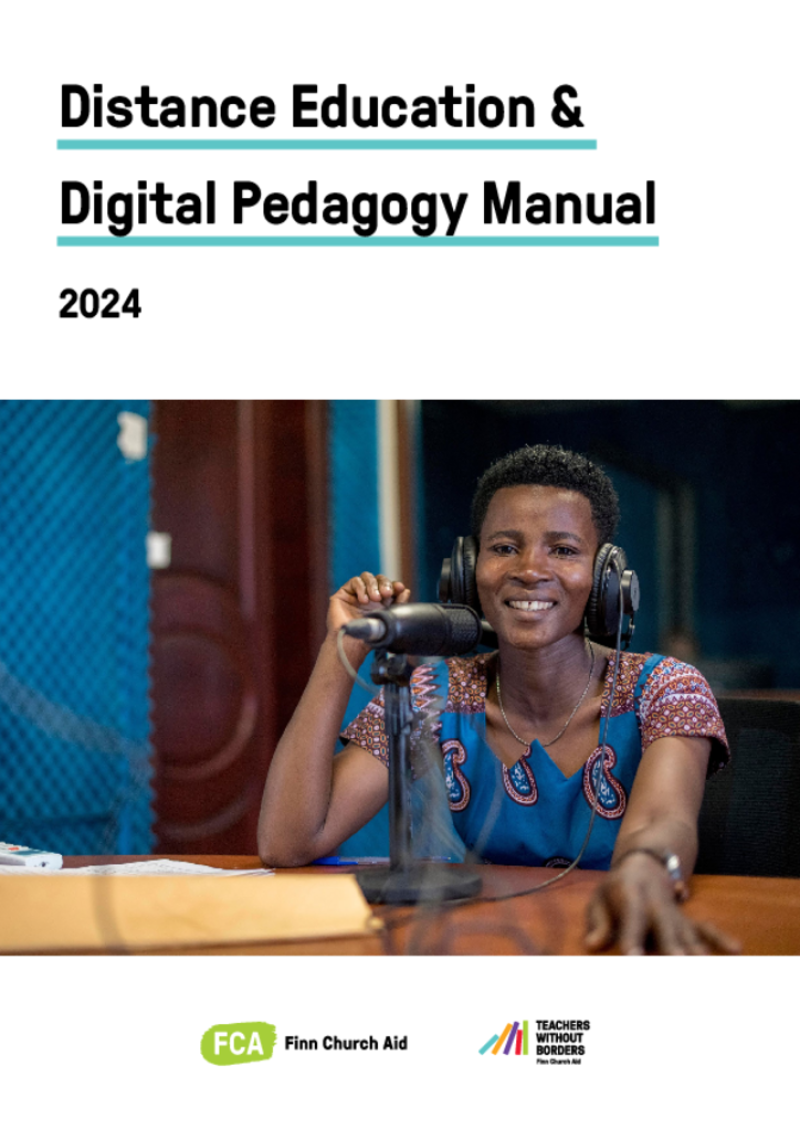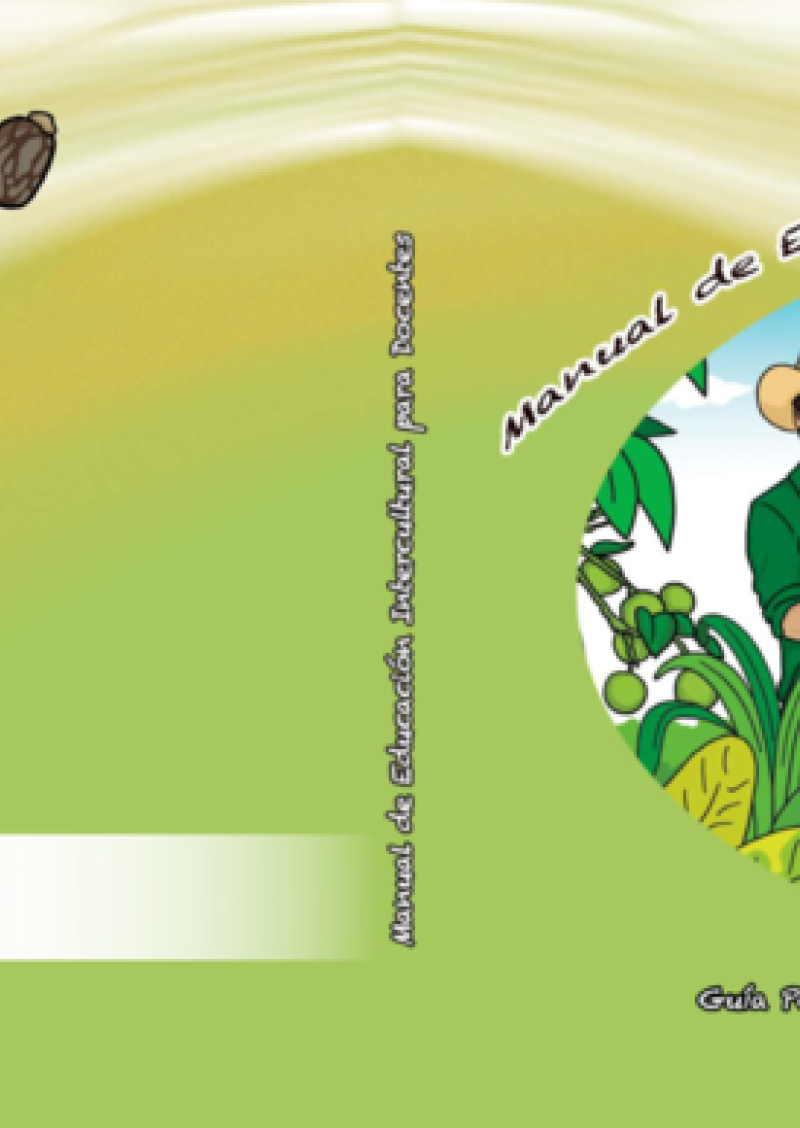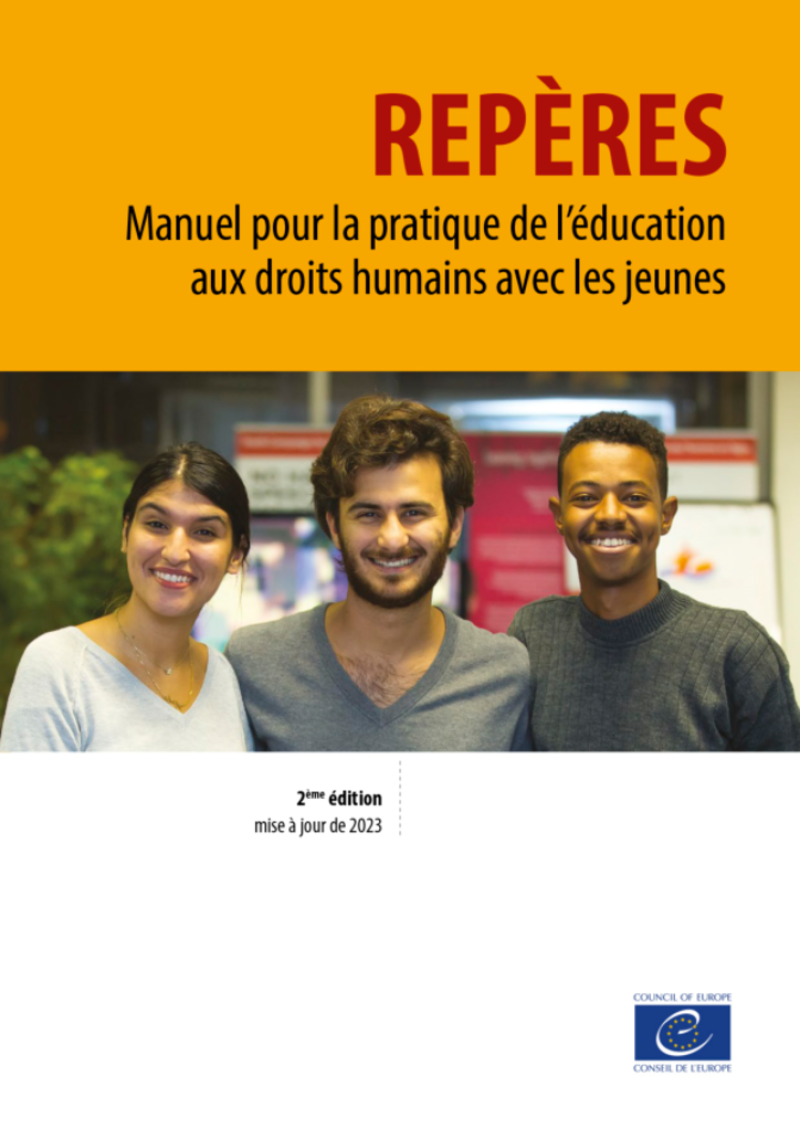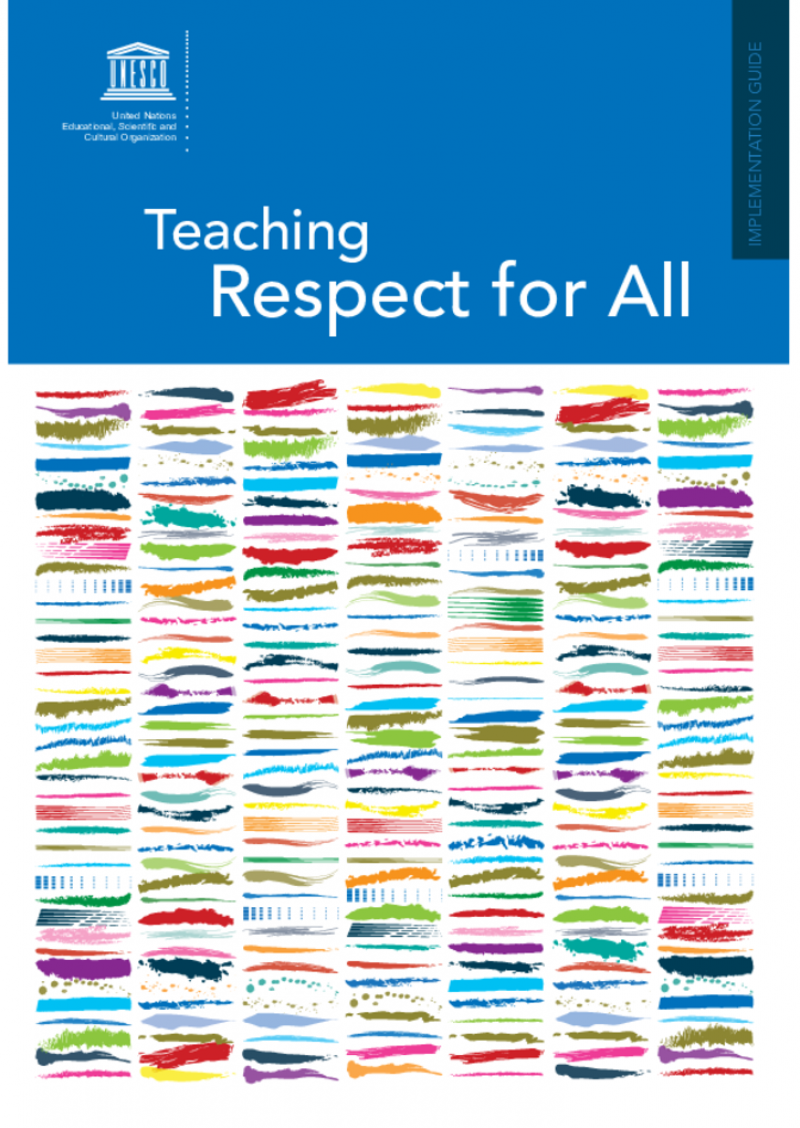مركز موارد المعلمين
عرض 1 - 6 من 6
FCA & TWB Distance Education & Digital Pedagogy Manual
This teacher training manual on Distance Education & Digital Pedagogy supports teachers and other education personnel’s continuous professional development in pedagogically high-quality distance education and remote learning especially in diverse, low resource contexts and is adaptable for use anywhere in the world.
The manual has been developed by Finn Church Aid (FCA) and Teachers Without Borders (TWB) Finland. The development of the training materials began already in 2020 as a response to the school lock-down situations caused by the COVID-19 pandemic, when teachers and learners quickly had to adapt to remote education modalities. Even though the pandemic has subsided, the need for quality distance education prevails. Ensuring the continuity of learning for all learners is critical in all contexts, even and especially during crisis situations.
The training manual consists of eight (8) training modules that can be used flexibly:
- Distance Education,
- Distance Education Modalities,
- Pedagogy of Digital and Distance Education,
- Psychosocial and Emotional Wellbeing,
- Learner-Centred Methods in Distance Education,
- Home Support – Parents and Caregivers’ Role and Collaboration,
- Inclusive Education, and
- Assessment and Evaluation.
The content design allows the trainer or facilitator to pick individual modules or sessions and adapt the training content according to the context and target group’s needs.
We hope you find it useful!
Manual de Educación Intercultural para Docentes
Este Manual a destinación de los docentes propone actividades y talleres con enfoque en la interculturalidad para realizar en el aula. Se divide en cuatro apartados: identidad colectiva e individual; el conocimiento de la historia y de las distintas manifestaciones culturales para fomentar la paz en el país; estereotipos y prejuicios para combatir las discriminaciones y el racismo; e interculturalidad para valorizar la diversidad y la convivencia.
Kit pédagogique - Idées, ressources, méthodes et activités pour l'éducation interculturelle informelle avec des adultes et des jeunes
Il s’agit de la réédition mise à jour d’un manuel originellement publié en 1995 dans le cadre de la Campagne Européenne de la Jeunesse contre le Racisme, la Xénophobie, l’Antisémitisme et l’Intolérance. Le document est pensé comme un outil accessible aux praticiens de l’éducation informelle auprès d’un public d’âge varié. Il est divisé en 2 parties : la première offre le contexte et le cadre pour aborder les activités et méthodes proposées dans la seconde partie. On y retrouve également une liste de documents écrits et audiovisuels en différentes langues parlées au sein de l’Europe mobilisable dans des cadres éducatifs.
Repères - Manuel pour la pratique de l'éducation aux droits humains avec les jeunes
Ce manuel à destination des enseignants propose différentes ressources pour aborder la question des droits humains auprès des élèves allant de la définition des différents thèmes abordés tel que la citoyenneté, l’environnement, la mémoire, l’égalité de genre entre autres. Il y est également proposé un ensemble d’activités sous différentes formes (théâtre, audiovisuelle, études de cas, analyses de média). Il s’agit d'un guide complet qui accompagne l’utilisateur depuis le choix de l’activité, à sa mise en place auprès des élèves. Il est également accessible depuis la plateforme suivante : Repères.
Teaching respect for all: implementation guide
This Teaching Respect for All Implementation Guide comprises a set of policy guidelines, questions for self-reflection, ideas and examples of learning activities to integrate Teaching Respect for All into all aspects of upper primary and lower secondary education, in an effort to counteract discrimination in and through education. It mainly targets policy makers, administrators/headteachers and formal and informal educators.
Part 2 targets headteachers and education NGO managers, suggesting key areas of intervention with a list of possible actions/activities and Part 3 targets teachers and describes methods of dealing with difficult topics such as racism and discrimination with learners as well as provides suggestions for possible entry points and topics to link the issues of respect for all with particular teaching subjects.
Transformative pedagogy for learning to live together in Southern Africa. A practical guide
This guide is designed to build the capacity of teachers and education planners so that they are informed and empowered in why and how to educate for living together and epace building . It offers an analysis of conflict, examines the role of ethics, expands on the elements of transformative pedagogy and provides practical tools to promote learners’ active participation in shaping the world around them and assess their understanding of citizenship and peacebuilding concepts.
Transformative pedagogy empowers both teachers and learners. It encourages learners to be reflective and critical thinkers capable of contributing meaningfully as members of local and global communities. It also redefines the role of teachers. Teachers become facilitators with the disposition, knowledge, skills and commitment to support students in developing their full potential as peacebuilders. This guide can serve in universities, teacher training colleges and schools.




